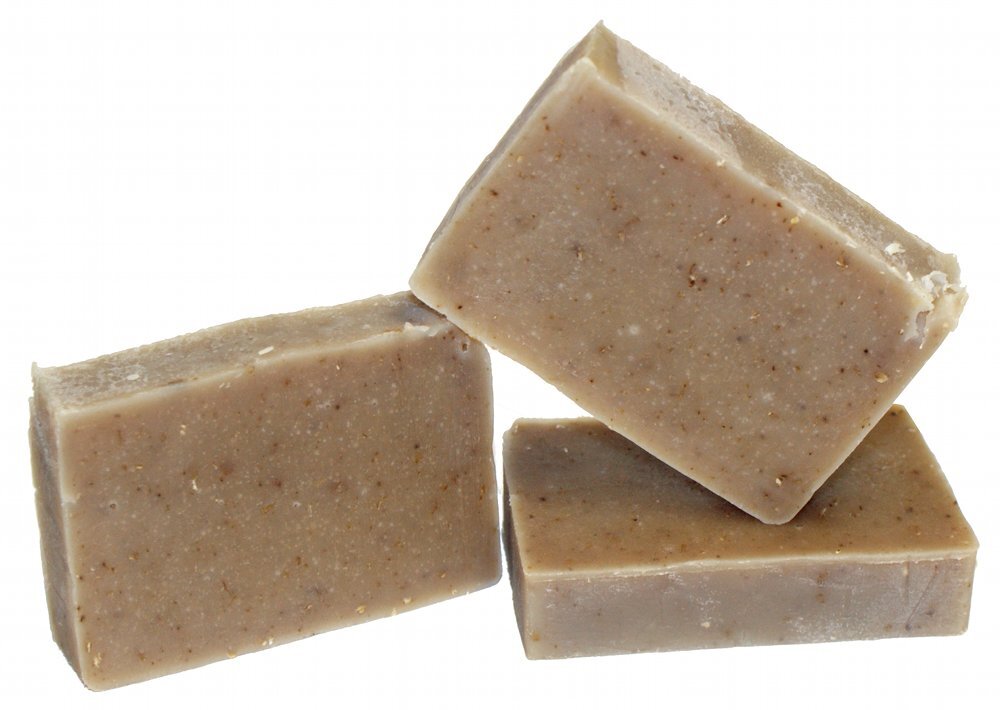Naked and Aware: Bare Attention in the Shower
There are many obstacles to establishing a consistent mindfulness routine. Three big ones are finding time to practice, being distracted by thoughts, and feeling bored.
I discovered an exercise that obliterates all three simultaneously, but I’m pretty sure you’re going to hate the idea of it.
As with any good attention exercise, it leverages an ordinary activity as an opportunity to build capacities for responding more effectively to the challenges of ordinary life.
It started when Ben Greenfield shared a few under-the-radar fat-burning strategies on the Get-Fit Guy podcast.
One was a hot-cold contrast shower. The specific instructions were to “alternate between ten seconds of warm water to twenty seconds of cold water” for five minutes.
Sounds like a terrible idea, right?
I told you.
But it made me curious.
Practicing mindfulness involves working with sensations in real time.
What better opportunity to bring bare attention to sensations and perceptions than in the shower?
I do like to set myself up for success, though, so I lowered the bar in a few ways: not worrying about the overall duration at first, deciding to give myself credit for all attempts, and by starting with slightly colder and warmer versions of lukewarm.
What’s the rush?
I nudged the water a little colder each day.
I’ve been surprised by several things that I've noticed already.
Bracing myself
My body wants to brace itself, even against an ordinary, temporary discomfort that I can regulate.
There’s an obvious logic behind this impulse. It's protective, but not very precise.
Why invite discomfort at all?
Fair question.
Somewhere along the way, I’ve unconsciously decided to allocate an amazing amount of my energy to trying to live well within my comfort zone. This is true even though the idea of moving outside it – at least sometimes – resonates as a better way to approach life.
Allowing a few seconds of harmless discomfort wakes me up and resets my perspective regarding what I’m able to endure.
The time investment is minimal, but yielding to discomfort for a few seconds pays off in an obvious increase of vitality. It’s invigorating.
The energy boost feels earned and the payoff often lasts for hours, helping me to stay more focused throughout the whole morning.
Fighting with time
My internal metronome seems to slow down and speed up along with the temperature of the water. The pace of my mental counting – one-one-thousand, two-one-thousand – picks up when the water turns cold and drags when it heats back up.
Wrestling with time in this way isn't abstract. I’m able to sense it in real time. I can observe myself pleading. It reminds me of the times in my life I’ve wished or prayed that circumstances were different. But in this context, the yearning is silent and physical. Given more time, it would likely fuel an elaborate argument or draw up a complicated contract.
There is, however, no risk of falling asleep in this mindfulness experiment.
There is no boredom to be found at either temperature.
There’s just cold or warm water, my internal fighting or yielding, and brief, fascinating glimpses into how I relate to comfort and discomfort.
Going against the flow gets easier
There’s a strong reluctance to turn towards even mild physical discomfort. Deciding to override the alarm signaled by slightly cold water feels like swimming against a strong instinctual current.
However, I notice a bit less resistance with each round. This erosion of my impulse to brace myself also seems to carry over into the next day’s exercise. This is a subtle but encouraging observation.
My body seems to understand that it can withstand the challenge I’m creating for it.
The experience isn't a mental allowing of cold water on my skin. It doesn’t alter my preference for warm water. It doesn’t mean that I condone whatever is causing my discomfort.
It’s more of a muscle-memory version of acceptance. I’m training myself, a few seconds at a time, to stay open to discomfort and uncertainty.
Stagnation and growth are both uncomfortable.
How I habitually relate to ordinary discomforts can gradually turn my life into a prison – or transform it into a home.
Wrapping up
Maybe you don’t have any time to sit and notice your breath every morning, but I’m guessing you find time to take a shower most days.
Maybe you have a steady flow of thoughts throughout the day, but I dare you to entertain your concerns about the coming day while you try to call a brief truce with the chilly stream of water hitting your body.
Maybe paying attention to ordinary sensations seems boring and even like a waste of time, but what if changing your relationship to one mundane discomfort could wake you up a little, increase your energy, and begin to teach you how to relate differently to all of life’s inevitable discomforts?
What if not all terrible ideas are created equal.
Maybe some terrible ideas point toward not needing conditions to be perfect in order to feel more fully alive.
Shower accessories:
"A Small Price to Pay for a Different Kind of Life," by Shinzen Young, Lion's Roar
"Letter of Recommendation: Cold Showers," by Ben Dolnick, The New York Times Magazine
"How to be Mindful While Taking a Shower," by David Gelles, The New York Times
"Why do we get our best ideas in the shower?" by Christine Yu, Headspace Blog
"Forget Shorter Showers," by Derrick Jensen, Orion Magazine





